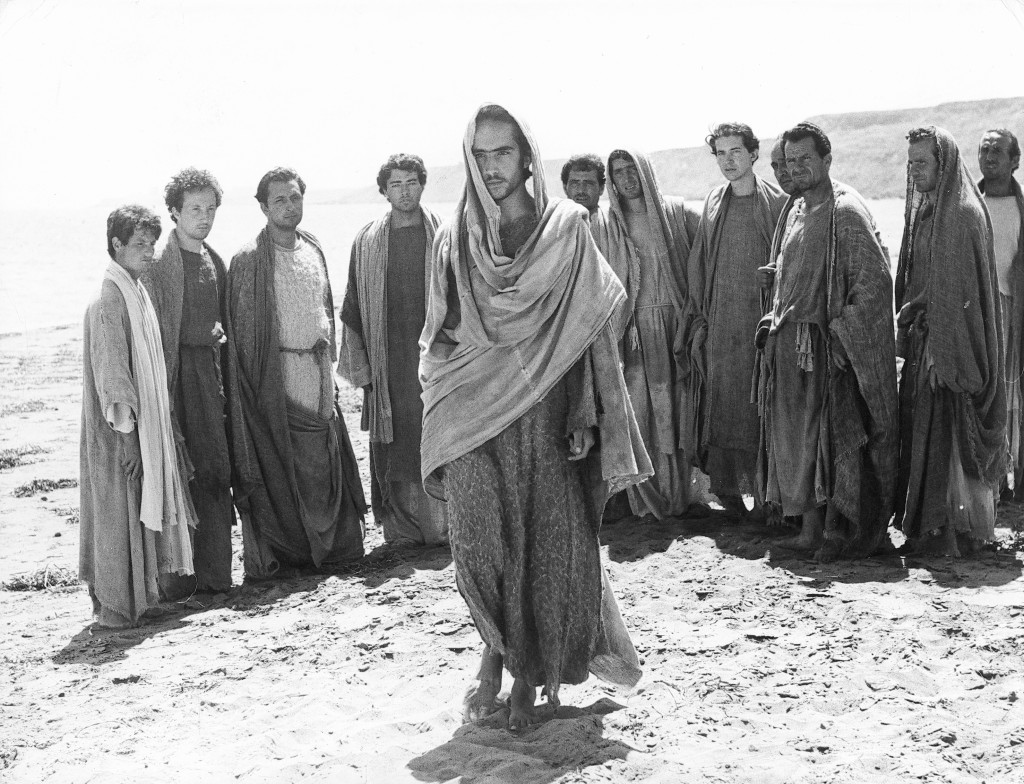The Gospel According to Matthew Review
It does seem almost perverse that a non-believer, Pasolini, could make what is perhaps the definitive cinematic version of the story of Christ and one that was even endorsed somewhat by the Vatican, with its placement on a Vatican film list compiled in 1995.
But simply being a non-believer does not hamper Pasolini’s ability to convey belief and most importantly, to tell a good story.
The journey of Christ in The Gospel According to Matthew is gripping and serene in equal measure and at the heart of the film and the character is a streak of rebelliousness and a revolutionary attitude that adds a thrilling dimension.
The choice to cast Enrique Irazoqui in the lead role only adds to this, with his stern features and almost wry facial expressions contributing to this fully realised portrait. Pasolini had at one time actually considered casting Jack Kerouac in the role, a concept that is almost unimaginable but one that leads to rather interesting musings on what could have been.
As an atheist watching the film I cannot speak to the ‘spiritual’ significance to the film but as someone who has made efforts to understand and appreciate the texts upon which Christianity was built I can appreciate the care that was taken by Pasolini to treat the figure of Christ with respect and without deviating too far from the words of the widely distributed version of the bible many have come to know so well.
In fact there are even times when Christ’s words appear more like modern sound-bites, smart answers to tricky questions wrapped up almost too neatly in a quick response. The rebellious nature inherent in this portrayal really makes the dialogue work though and despite seeming like diametrically opposed concepts, Pasolini’s Christ is one of angry grace. Pasolini also treats Christ’s words and the reported miracles with deference but not excessive reverence, resulting in the tone almost lapsing into one of a matter-of-fact accounting of events.
This intelligent treatment of the tone, the rebellious, almost political nature of Pasolini’s Christ (more Che Guevara than old-Hollywood sword and sandals) and the beautiful visual storytelling in his filmmaking choices make for a rich and compelling film.
